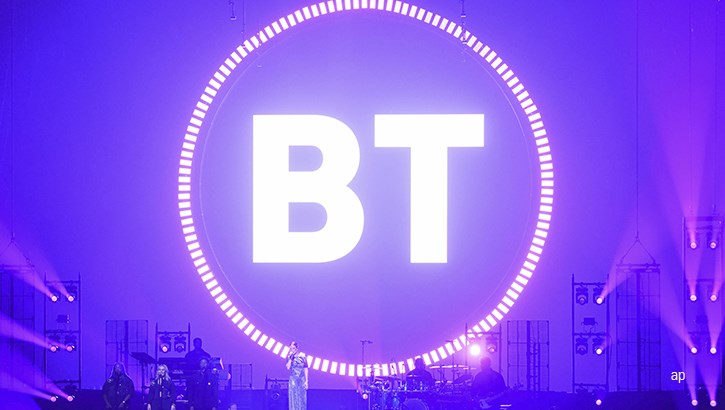
FTSE 100 telecoms firm BT (BT.A) has dealt another blow to income investors by suspending its final dividend and all payouts for the coming financial year.
While some change to the company’s payout policy has been expected for a while – and the 12% yield should have been a warning to investors – the market had not expected such drastic action on the board’s part. The company’s shares slumped more than 8% in response to 105p, making the year-to-date loss nearly 50%. It takes the share price back to levels last seen in the early 1980s, just after it floated.
Instead of paying out a dividend, BT will invest the money into its 5G network and a five-year programme to streamline the business and cut costs, as well as dealing with the ongoing effects of the Covid-19 crisis. “Recognising the importance of dividends to our shareholders, the Board's decision in relation to the dividend has been exceptionally difficult,” said Jan du Plessis, the BT chairman.
Another Chunk Out of FTSE 100 Payouts
As well as suspending the payments for the 2020/2021 financial year, the company will rebase its dividends in future to 7.7p. That compares with a pay out of 15.4p a share last time BT paid an interim and final dividend.
BT’s decision takes another £1.5 billion out of the overall FTSE 100 dividend pool, following on from Shell (RDSB) slashing its dividend by 66%, its first payment cut in 75 years. Before both cuts, Link estimated that in a worst case scenario, FTSE dividends could halve from £100 billion this year.
But BT’s dividend has been under pressure for a while now because of mounting financial problems, so some analysts welcomed the decision. William Ryder, equity analyst at Hargreaves Lansdown says: “The dividend cut seems sensible to us, although some shareholders may be disappointed."
And Helal Miah, investment research analyst at The Share Centre, agrees: “In the current crisis, and considering the fact that BT does need this capital for its restructuring plans, this is the right decision.”
Disney and the Dividend Drought
The picture is not much better elsewhere in the world. globally: Disney (DIS), which has launched its new Disney+ streaming service this year and is preparing to re-open some of its parks, has decided to suspended its own first-half dividend.
But Morningstar analyst Neil Macker thinks it’s more of a canny PR move than a financial one, especially as the wide-moat US company has $14 billion in cash: “We think the dividend suspension is less about preserving cash and more about the perception of paying a dividend while furloughing over 120,000 employees.”
Meanwhile, US oil giant Exxon (XOM) has confirmed it will not increase its dividend this year. While that's better than a cut or suspension, it's the first time the company has not raised its payout in 13 years.
The dividend drought is forcing retail investors and fund managers to think laterally in search of income. Some UK equity income managers, are looking away from the FTSE 100 to smaller companies, while Evenlode Global Income manager Ben Peters is focusing on global companies with strong brands.
Where else can investors look? John Moore, senior investment manager at Brewin Dolphin has some suggestions: “The healthcare and consumer discretionary sectors look like they may offer some support in the long-term given the lower levels of economic sensitivity they typically face."
Technology companies, which have not historically paid dividends, could potentially step into the breach, he says: “In a time of remote working, social distancing, and decentralised business, they are essentially acting as a utility – a sector usually associated with secure, long-term income prospects.”
The Share Centre’s Miah thinks that utilities are possible alternatives, as well as miners like BHP (BHP) and Rio (RIO), life insurance companies, and GlaxoSmithKline (GSK) and AstraZeneca (AZN), which are on the frontline of the rush to find a coronavirus cure. Supermarkets have done well in the crisis, too, but Miah expects the challenge of long-term price competition to resurface once lockdown lifts.
He urges investors to think about the long-term and perhaps think about putting money into dividend companies while share prices are depressed. Indirect investing in income-focused investment trusts may also be a sensible move in the current climate, he argues, because these trusts can build up buffers during the good times to smooth out shareholder returns when times get tough.









.jpg)


















